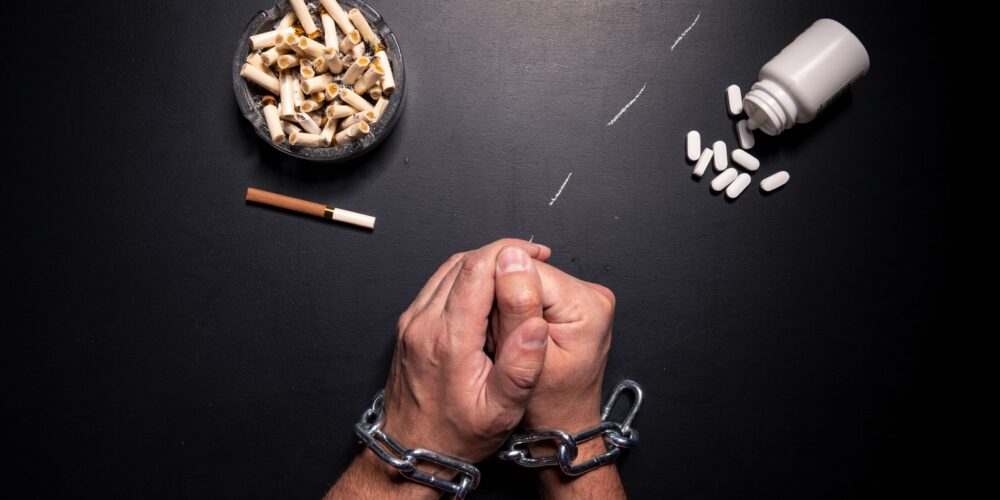The prevalence of mental health conditions in Newark, NJ is a…

Are you dreading the holidays? For many people in recovery, the holidays are full of triggers. Some people worry that the stressors in their families may tempt them to use alcohol or drugs as a coping mechanism. However, even people with supportive and happy families are at risk of relapse. We associate the holidays with food, drink, partying, and excess. It can be very tempting to just indulge a little bit. The best way to stay sober during the holiday is to be very aware of the risk of relapse. Here are some tips the folks at Greater Essex have put together to help you avoid relapsing over the holidays.
Make a plan for sobriety. Think about when you were using. You would plan to buy or use alcohol or drugs, whether the plans were elaborate or just a reminder to pick up something to drink. Likewise, you need to make a plan for sobriety. Think about the things you need to do to stay sober.
Bring your drinks with you. Almost everyone who has stopped drinking alcohol has a favorite sober beverage. Bring it with you to any gatherings, so that you take away one more temptation to have a favorite alcoholic drink.
Be very aware of your triggers. Almost everyone is more vulnerable to using when they feel hungry, angry, lonely, or tired. You can help prevent a relapse by getting enough sleep, eating on a regular basis, and managing your emotions. Being around some family members can trigger anger or loneliness. Be realistic about the feelings you will have and plan ahead of time on how to deal with those triggers without using.
Consider the risk of each scenario. In each person’s life, some situations will be high-risk for relapse, others will be low risk. Realistically consider how tempting it will be to use in a particular scenario. Then consider whether you actually have to attend that particular event. You can avoid some high-risk scenarios, like your friends gathering at a bar, but may feel obligated to attend others, like a family dinner. If you have to attend an event that is high risk, plan to minimize your time there and arrange your own transportation.
Exercise. Feeling stress, anxiety, depression, or a loss of control can all contribute to a desire to use. Exercise is a proven way of helping manage these unpleasant emotions. Starting your day with exercise and incorporating walks into your normal schedule can help you manage those emotions. In fact, a walk is a great way to take a break from stressful family situations, as well.
Share selectively. Not everyone in recovery wants to discuss sobriety with their family or friends. However, if your family and friends use, the fact that you are not may lead to discomfort and lots of questions. If you are not ready to discuss sobriety with them, think about the answers you will give ahead of time.



